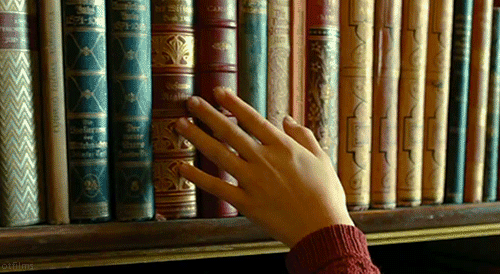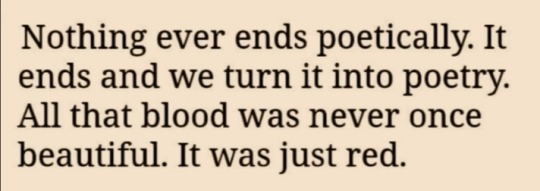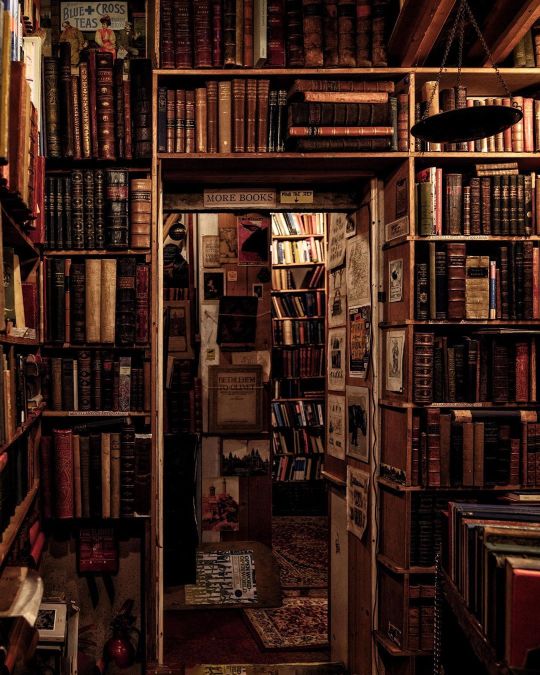The following is my depiction of the intriguing themes and societal issues that are parrallels between the novel: Woman on the Edge of Time, and their correlation to the passages and discussions we’ve completed in the Sociological and Philosphical EDS 340 course.
Don't wanna be here? Send us removal request.
Text
The Life Cycle
What really pushes this novel to be so beautiful is Peircy’s depiction of birth, death, and the life cycle. The most obvious aspect of such, is that how you are born (your gender, socioeconomic status, and race) are indicators of how much you will thrive in our society. I agree with this notion very much, as indicated by both real life circumstances as well as Connie’s reality within the novel.
I think that this is a very important theme to explore, as the novel has many symbolic concepts that should be further examined. I think discussing concepts like life and death throughout the book demonstrates how skilled of a writer Piercy truly is- as it shows how much of a comprehensive understanding Piercy has of the negative and bleak aspects of our reality. Piercy helps the reader understand that poverty and race are not two separate entities in our society. They are complex overlapping social constructs which are caused by systemic racism and classism. I think Piercy also pushes this concept even further by sort of hinting to the reader that in a future society where these two concepts have no correlation to one another, results in a more peaceful life cycle. The discriminatory practices are no longer systemic and ongoing- meaning that those who are born will have a much more safe and easy life compared to those in the past society. I feel that this depiction also reveals that one’s death in the superior society will be a peaceful one as well. Because they treated others with respect in their lifetime, and did as much as they could to make their community thrive, the end of their life cycle will be filled with blessings. This concept in itself is very endearing to me- as Piercy really helped me think more critically and holistically when it comes to the spiritual aspirations in regard to both life and death.
Written by: Emma Rigby
7 notes
·
View notes
Photo

What a nice coincidence that our best light happens where the books are kept
2K notes
·
View notes
Photo

Prints available from KelletteWorks.
138 notes
·
View notes
Quote
A woman is a symbol of warmth, love and affection at all times.
siir-poesia © (via siir-poesia)
491 notes
·
View notes
Text
The Ideal Family and Relationships.
This novel does more than just relay the superior lifestyle of the future generation. It pushes the boundaries of the traditional ideal family. Piercy exhibits this in both the society from the future as well in the 1970’s society. Piercy’s writing style consisting of a combination of both beautiful metaphors and blunt perceptions from the characters demonstrates the stark contrast between the inferior and superior societies. In the future, we read about the androgynous Lucinette, living in a time where the goals of the Civil Rights movement have been more than fulfilled. Connie’s depiction of the 1970’s is one that abides strictly by labels, forcing the reader to remember those big “buzz words” which insinuate why Connie is struggling so much. Single, female, Hispanic, and impoverished- if Connie was perhaps married, male, white, and rich, her life would be more than ideal. Unfortunately this is is the society that we live in, one that has yet to be inclusive of all races and social classes. This aspect of the novel in my opinion is absolutely crucial to the plot. If we were to read about the perspectives of rich white male in the 1970’s, the reader would be unable to see why the future society is far more superior than the current one. Again, this contrast pushes the reader to explore the elements of an unjust society even further. Demonstrating that since Connie lives in a discriminatory society, alongside those who are thriving just because they differ in gender and skin tone, relays just how biased and prejudiced the current society is. However, no matter what Connie’s background is we still see her positive character traits for her love of her own family. This is where Piercy starts hinting that the traditional family is not necessarily equated to a perfect family. In our society, the traditional American family is one that consists of a white male caregiver, a white female caregiver, and perhaps one or two children. Whether this ideology is depicted in film, novels, advertisements, or through the education system, this has been considered the norm for many years. In doing such, our society completely neglected families who have two fathers, two mothers, adopted children, parents of color, couples of different races, those with disabilities, and more. This is why the future society is deemed to be so much more advanced (and rightfully so). Because the society does not pay attention to these aspects of the human race, it relies on skill sets and general character, resulting in a thriving society. This future society pushes typical norms even further when demonstrating that the traditional family is no longer existent. Perhaps this is so astounding to the reader at first because the traditional family is the one that tends to thrive in a society. It is depicted as perfect, the most loving, and the most successful. The future society demonstrates that is by no means the truth, and that race, class, ethnicity, and gender have no impact on how successful or loving the family may be. This is one element of the text that I appreciate so deeply. The novel does more than just demonstrate that racism, classism, and sexism are apparent issues in a society- but that they are issues that we have simply made up. These elements of a person have absolutely no correlation to how kind or unique they are as individuals. This is also where Piercy ties the superior society in with the inferior one. She demonstrates that Connie is a loving, caring, and trying person. But she lives in a society which strictly prohibits her from fully being capable of demonstrating such. Whether this is through literal means like being locked up in a mental institution or symbolically in which an individual may perceive Connie as an inferior parent for not having a significant other or for being lesser educated. Overall, it was a very intriguing concept to unpack on the basis that the book does so much more than state that discriminatory practices exist in a society- it shows these deeply rooted unjust ideals can ruin a family, especially one that could have been happy if the society let them.
Written by: Emma Rigby
0 notes
Quote
Those of your time who fought hard for change, often they had myths that a revolution was inevitable. But nothing is! All things interlock. We are only one possible future.
Marge Piercy
0 notes
Text
Woman on the Edge of Time and Gender.
One of the most stimulating aspects about this novel is the manner in which Piercy discusses gender, gender roles, and gender differences. Piercy executes this through many means. One of which is recalling upon the perspective of a poor single mother who is doing as much as possible to ensure the wellbeing of her child in a society that does not give even the slightest regard on her behalf. Another is through her depiction (or lack thereof) of gender in the future. Polyamourus relationships, dismounting the traditional nuclear family, and limited connotation in regard to gender leave the reader a bit perplexed at first but then relieved. In this society, these norms seem to minimize stress and encourage the wellbeing of everyone within the community. This stark contrast to Connie’s original dismal life sparks an interest in the reader forcing them to inspect their own typical lifestyle and personal values- Is the layout of our society unjust? Is it unethical? Is our society as successful as we believe it is? Are a majority of our issues stemming from social constructs which in reality could easily be broken down? How has the intrusiveness of systemic racism, homophobia, and sexism had an effect has it had on the wellbeing and growth of our species? We see these issues arise in a plethora of ways throughout the educational system. For just one example, we may correlate this notion to Mary Wollstonecraft’s life. Her belief in educating women as a means to regain some sense of equality is diminished when she states that her reasoning was to ensure that educated women will make good wives. The contradiction continues when we discover that Wollstonecraft was an avid traveler and writer, two very unconventional personality traits at this point in history. I wanted to discuss Wollstonecraft because in the future society of Woman on the Edge of Time, Wollstonecraft’s lifestyle would have absolutely no impact on society. The limited regard of gender in this future society allowed for a more peaceful and sophisticated lifestyle- as it doesn’t hinder an individual’s potential because of their sex. Moreover, Wollstonecraft wasn’t exactly favored by the public at this point in history. Ridiculed for wanting to be included in worldly affairs, Wollstonecraft, and many other women, would be shamed and considered as “unnatural” for not knowing their place in the society. We note that historical sexism is profoundly an issue in that the society isn’t maximizing it’s resources or it’s potential. If our society engaged with women and saw them as beings instead of caretakers, perhaps the “future society” that occurred in W.O.E.T would be our reality, as we would probably be much more advanced if such occurred.
Written by: Emma Rigby
0 notes
Text

Poetic words from Sophia Joan
6K notes
·
View notes
Quote
We can only know what we can truly imagine. Finally what we see comes from ourselves.
Marge Piercy
0 notes
Quote
“Life has taught me that no path is completely straight. But you have to go round and round. The most beautiful thing is to have gotten where you wanted to go. Whatever it takes. Go and do what you have to do.”
poetry-siir © (via poetry-siir)
932 notes
·
View notes
Quote
I want to do something very important. Like fly into the past and make it come out right.
Marge Piercy
0 notes





